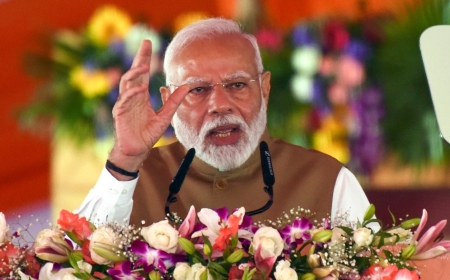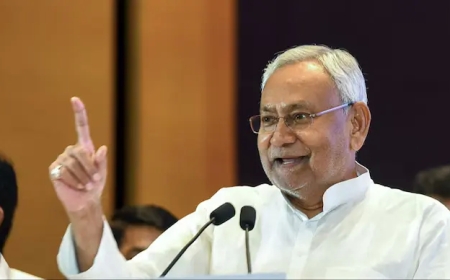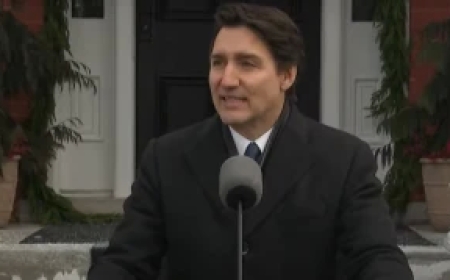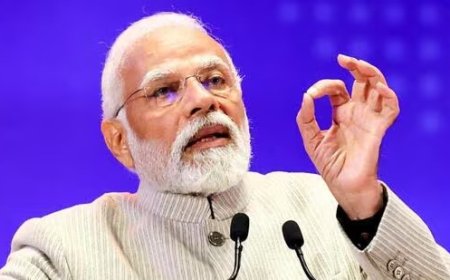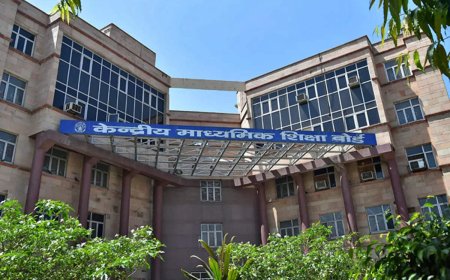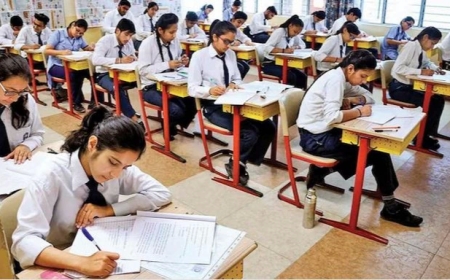Ahead of the UK general election, Rishi Sunak's party suffers defeat, losing two crucial seats.
Rishi Sunak's party faces setbacks ahead of the UK general election, losing two key seats. Find out the implications of these defeats on the political landscape.
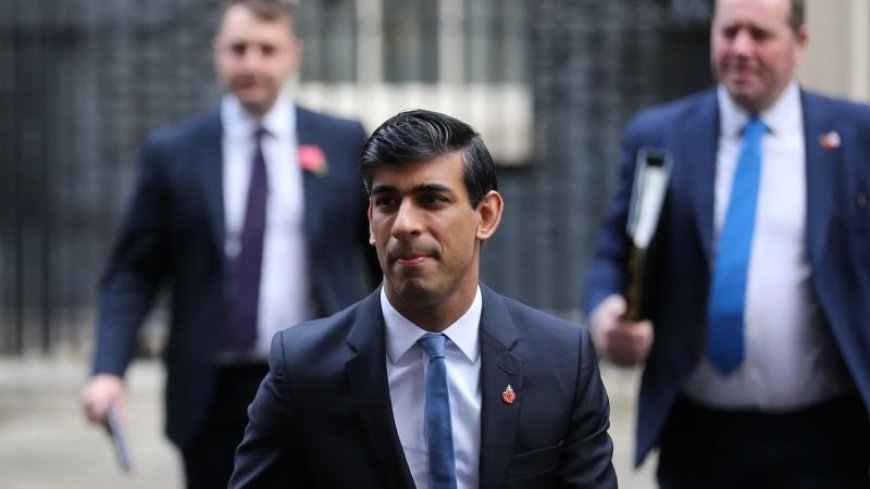
A crucial parliamentary election in northern England was lost by Rishi Sunak’s ruling Conservative Party to Labour, overturning a large majority. This political upset provides Keir Starmer’s party significant momentum as it prepares for an expected national election next year.
In a twin blow that will alarm the prime minister, the Conservatives also lost a crucial seat in southwest England to the Liberal Democrats. However, Sunak was spared a rout when his party surprisingly won ex-leader Boris Johnson’s former seat in a tight outcome on the outskirts of London.
The Conservatives had discounted their chances in the three special elections that were held on Thursday in very diverse regions of England, saying that even winning one of the polls would be a success because mid-term elections are often bad for administrations.
The magnitude of the losses, though, will make it more difficult for him to turn around his party’s polling decline, which started under Johnson and has only just recovered from Liz Truss’ dismal seven-week premiership last October.
According to John Curtice, a professor of politics at Strathclyde University, “the tide is still out for the Conservatives and they still have an awful long way to go before it looks as though they might have a chance of being able to retain power after the next general election.”
In Selby and Ainsty, a rural North Yorkshire constituency that has been held by the Tories since it was founded in 2010, Keir Mather received 46% of the vote, compared to Labour’s 25% in the seat’s most recent election in 2019. Claire Holmes, a conservative, came in second place with 34% of the vote, down from 60% the previous time.
As he seeks to lead Labour back to power for the first time since 2010, the outcome is seismic for Starmer, who can demonstrate that his party is utilizing its double-digit advantage in national polls to overcome big Tory majorities.
According to the party, the Conservatives were defending a majority of 20,137 votes, the largest margin Labour has ever defeated in a by-election.
“It is obvious how strong the call for change is. Voters trusted us, many of them for the first time, Starmer remarked following the Selby result announcement. “Only Labour can restore the country’s hope, optimism, and future after 13 years of Tory chaos.”
In the meanwhile, Ed Davey’s party will applaud Sarah Dyke for gaining a huge 29 percentage point swing from the Conservatives to become the Liberal Democrat MP for Somerton and Frome.
This result will be seen as evidence that the Tories are vulnerable in their longtime bastion in southern England.
Sunak is under strain as a result of the perception that his Tories are under fire from several angles. In her acceptance speech, Dyke stated that the outcome demonstrated the effectiveness of tactical voting in helping progressive parties defeat the Conservatives.
A statement from Davey in an email said that the citizens of Somerton and Frome had “spoken for the rest of the country who are fed up with Rishi Sunak’s out-of-touch Conservative government.”
Even worst may have been a miserable night for Sunak. After a recount, the Conservatives surprisingly defeated Labour by just 495 votes in Johnson’s former Uxbridge and South Ruislip constituency in northwest London.
Tory 45% of the vote went to Steve Tuckwell. Just shy of the 7.6-point swing the opposition party required to win the seat, there was a 6.7-percentage-point swing from the Conservatives to Labour.
The Starmer party cited regional elements in the constituency as reasons why its candidate was unable to advance. The Conservatives attempted to use the vote as an unofficial referendum on the contentious proposals to tax automobiles in the region in a bid to decrease pollution, known as the Ultra Low Emission Zone, in the face of an expected crushing defeat. Sadiq Khan, the mayor of Labour-controlled London, is promoting that scheme.
It Is not unexpected that voters in this by-election were concerned about the ULEZ expansion since “we know that the Conservatives’ crashing the economy has hit working people hard,” a Labour spokeswoman stated in an email.
Johnson gained Uxbridge for the first time in 2015 and kept the seat with 53% of the vote in 2019, when he also helped the Tories to a resounding national triumph. However, a commission ruled that he lied to Parliament about rule-breaking parties at Downing Street during the epidemic, leading to his forced resignation as prime minister last year and his resignation as an MP in June.
However, more elections are anticipated in two more Tory-controlled regions, Mid Bedfordshire and Tamworth, raising the possibility that an unfavorable narrative may continue into the fall for Sunak.
What's Your Reaction?
 Like
0
Like
0
 Dislike
0
Dislike
0
 Love
0
Love
0
 Funny
0
Funny
0
 Angry
0
Angry
0
 Sad
0
Sad
0
 Wow
0
Wow
0



